
The African Development Fund Allocates Million to Finance the Development of Rice Value Chains in West Africa

On November 20, 2024, the Board of Directors of the African Development Fund approved a first financing of .16 million for the development of resilient regional rice value chains in West Africa. This project aims to strengthen food security and sovereignty in the region by fostering public and private investments in rice value chains, ultimately improving the region's self-sufficiency in rice by 2030.
The .16 million will be allocated to the first group of beneficiaries, which includes The Gambia and Guinea-Bissau at the national level, as well as the Economic Community of West African States (ECOWAS) and AfricaRice at the regional level. The financing will be provided through separate grants of .95 million, .88 million, and .94 million from the African Development Bank's concessional loan window, as well as an additional grant of .39 million from the Bank's Transition Support Facility, aimed at assisting the most fragile countries on the continent.
The project's main goal is to increase rice production, productivity, and income for farmers, particularly women and youth. Additionally, it will enhance the resilience and adaptive capacities of rice farming operations and production systems in the face of climate change and improve rice transformation, marketing, and intra-regional trade.
At the national level, the project includes developing irrigation infrastructure, promoting the use of improved and climate-smart seeds, strengthening rice transformation units, and improving market access for locally grown rice. There will be particular focus on empowering women and youth by improving their skills and access to finance. The project will also strengthen agricultural cooperatives and provide mechanization support while enhancing farmers' resilience to climate change and extreme events.
At the regional level, AfricaRice will provide technical support to foster innovation in rice value chains in the participating countries. This includes evaluating seed and variety needs across the region, as well as producing and distributing improved seeds. ECOWAS will focus on policy and regulatory reforms to enhance rice sector governance in West Africa, notably through supporting the ECOWAS Rice Observatory.
The project’s beneficiaries include 20,000 rice farmers in The Gambia, including 6,000 women and 4,000 youth, and 16,000 rice farmers in Guinea-Bissau, who have expanded access to seeds, fertilizers, agrochemicals, mechanization, and agricultural equipment.






.jpg) Equipe de rédaction
Equipe de rédaction 


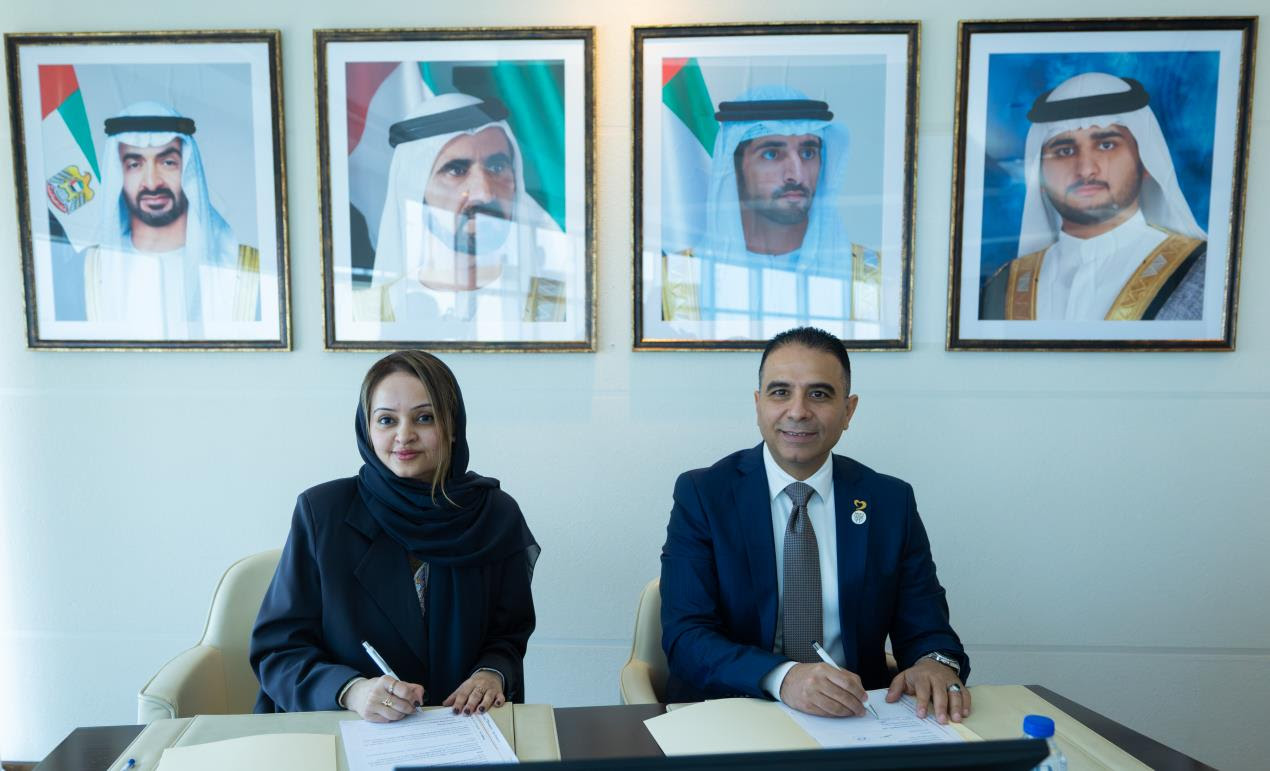






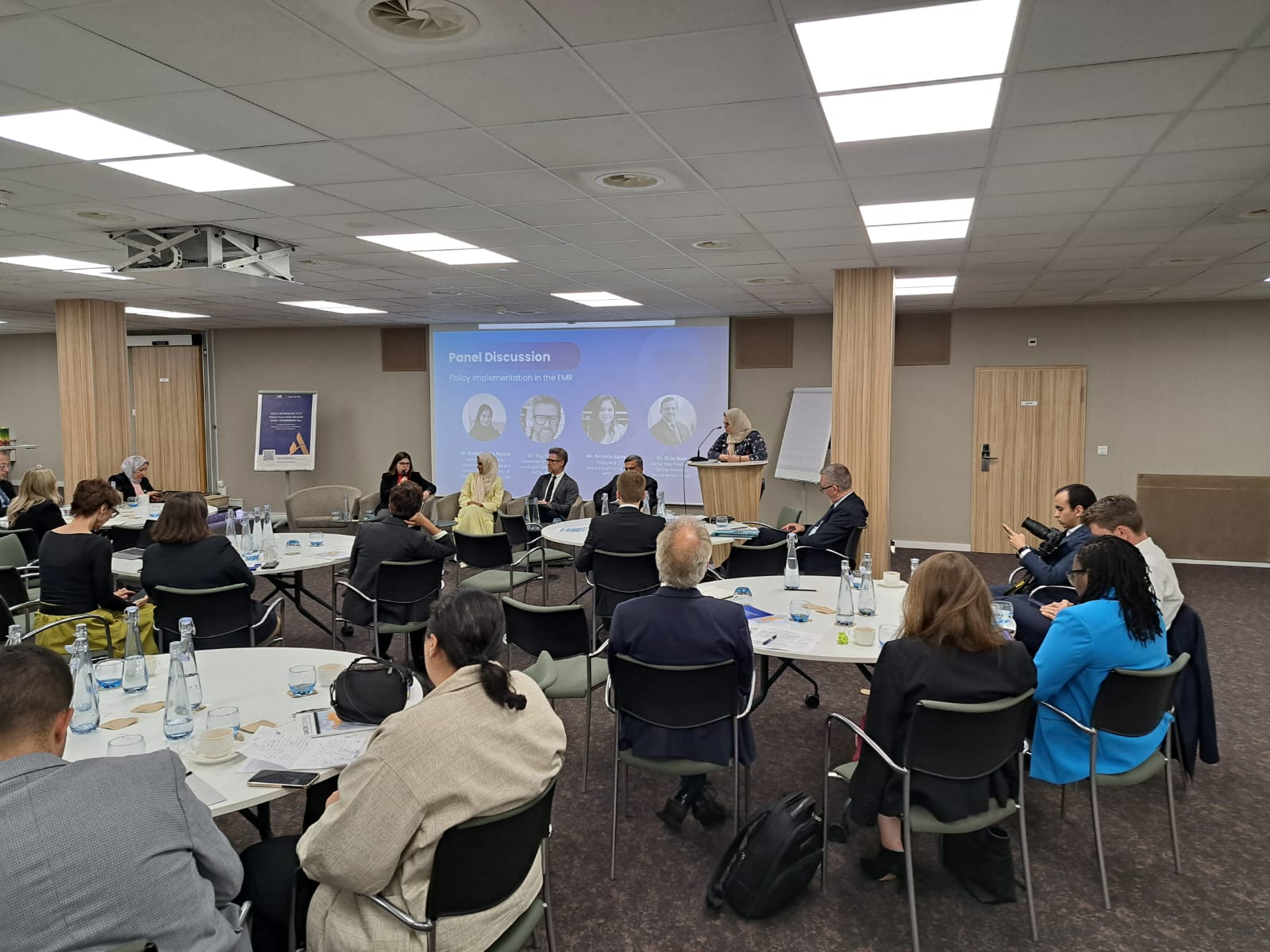



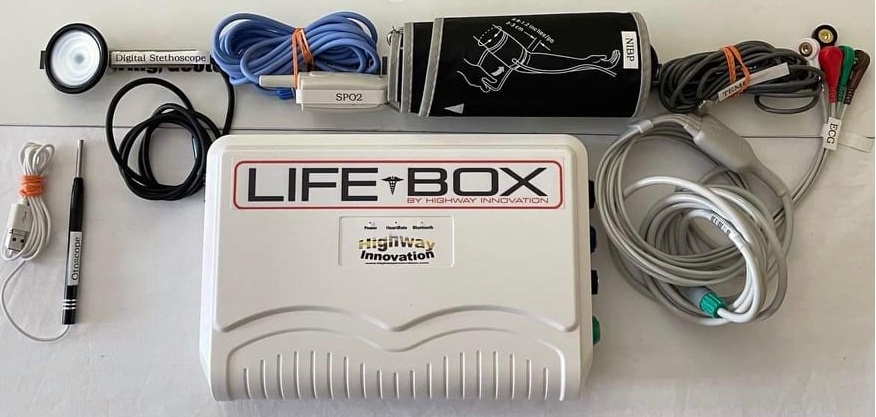

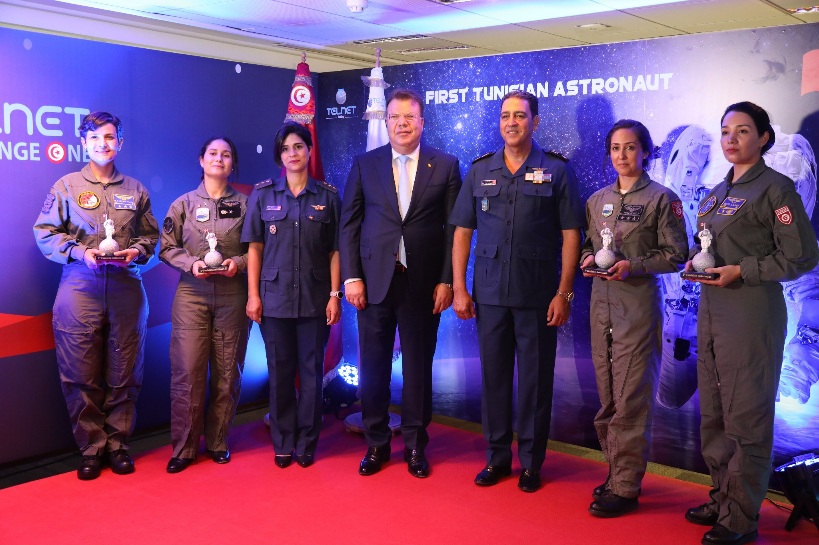
.jpg)
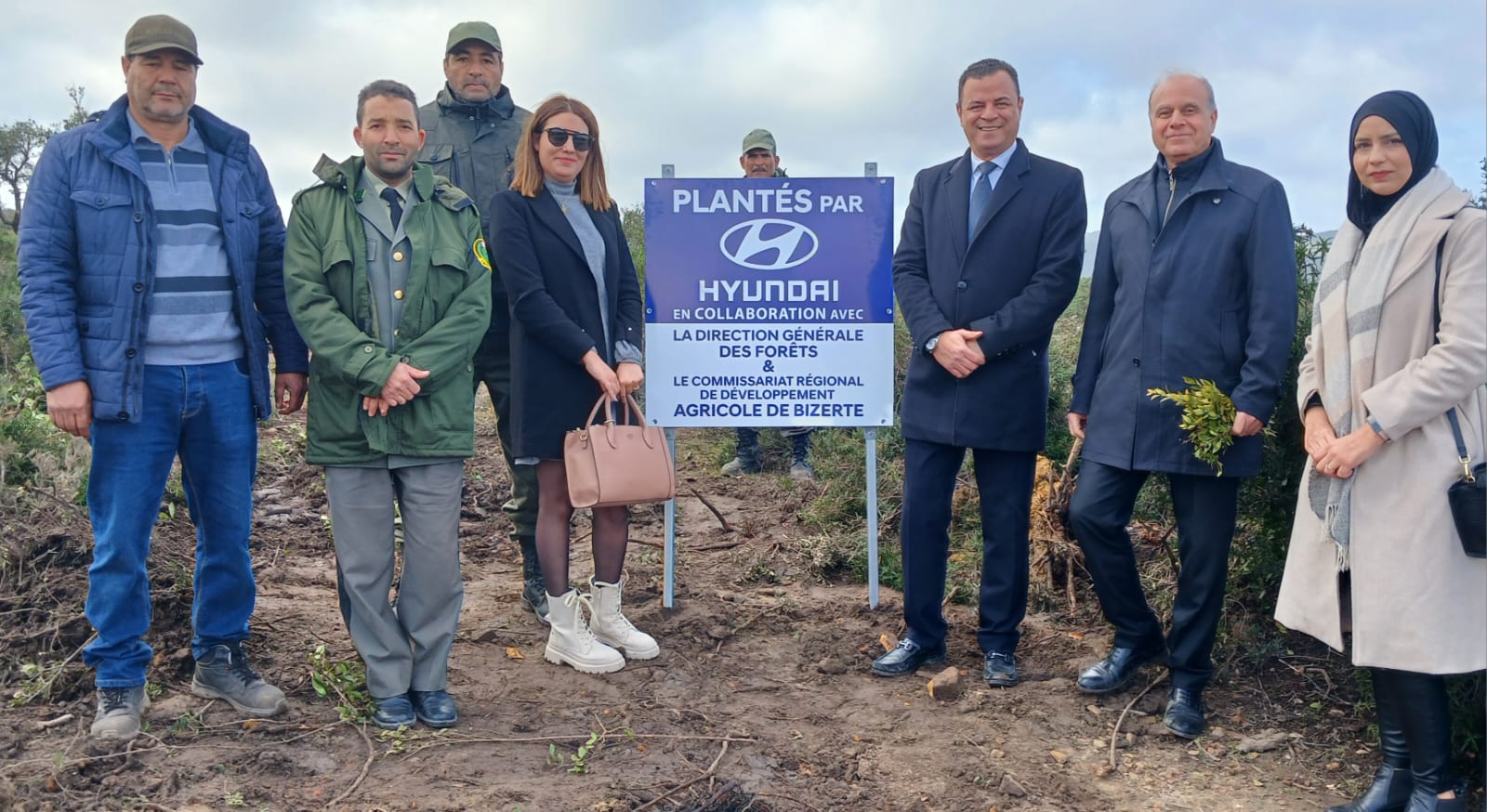
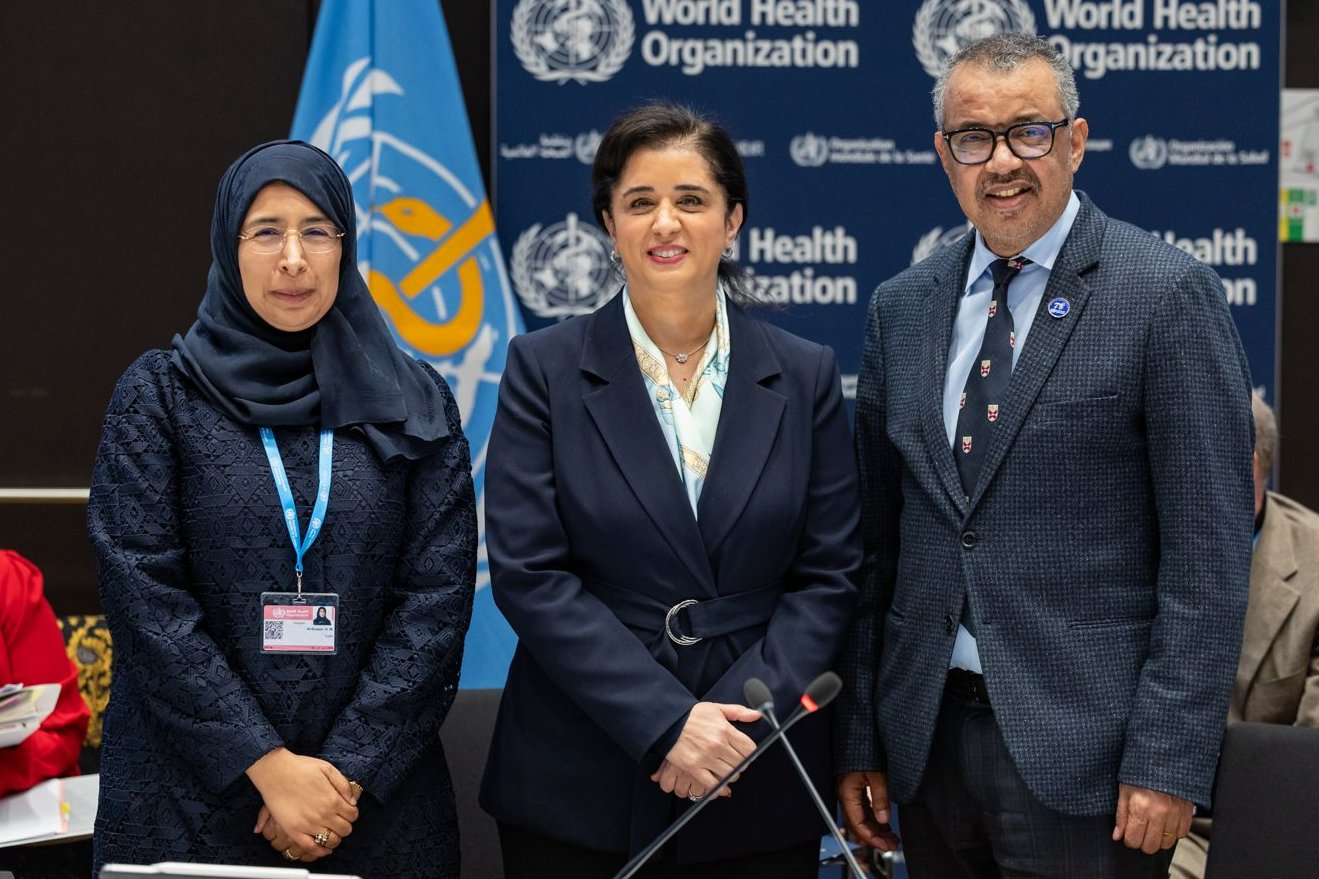

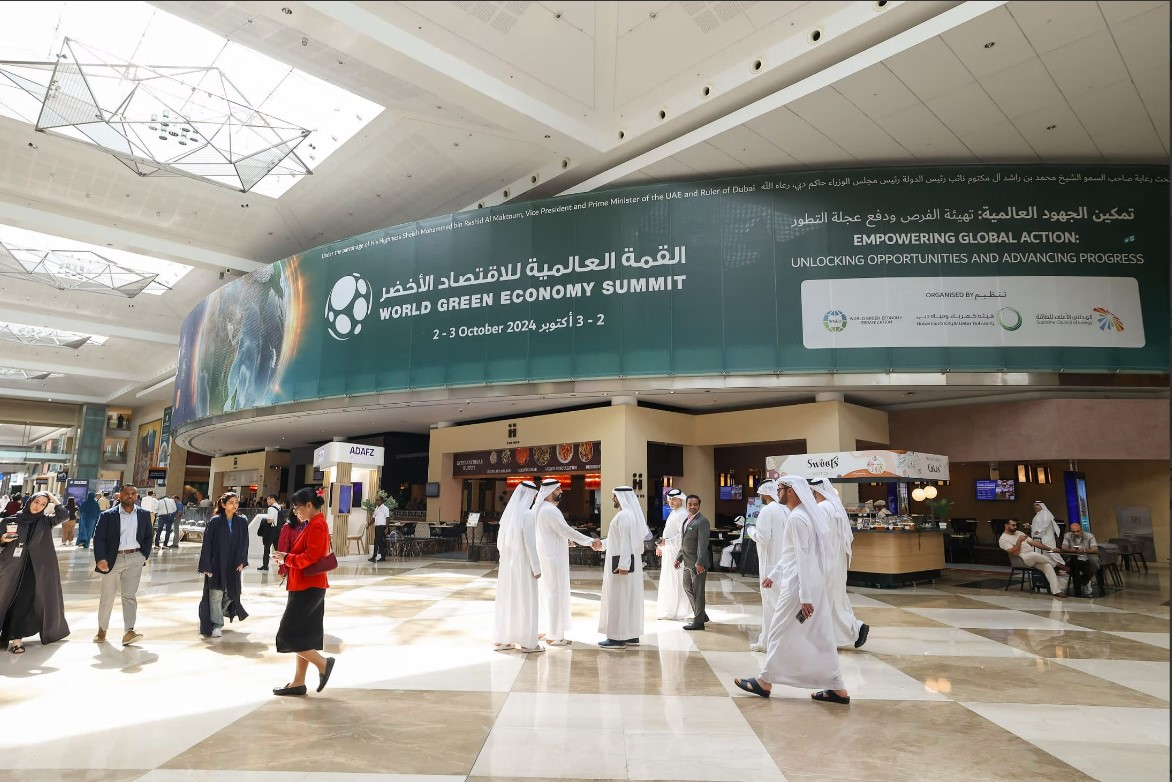



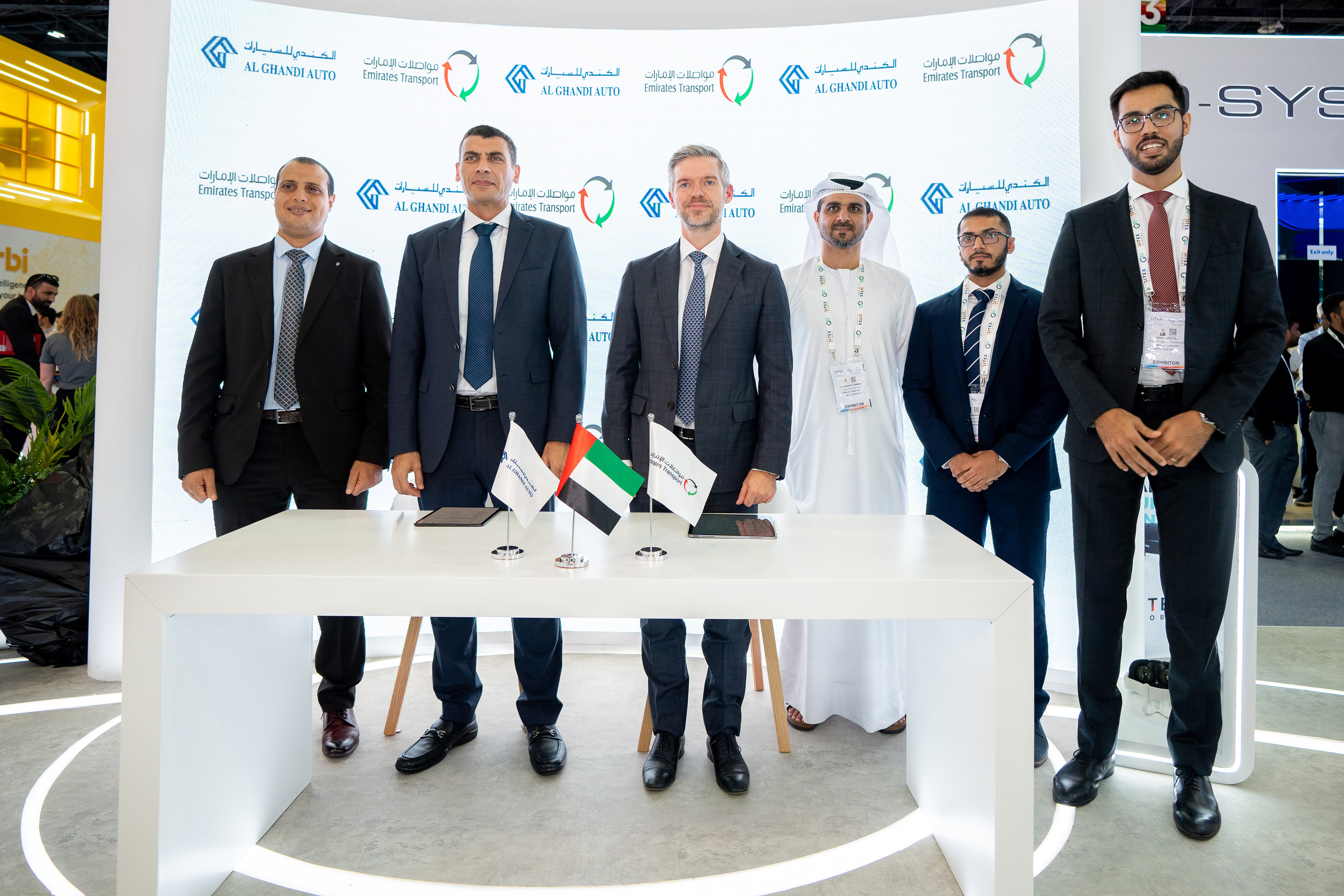
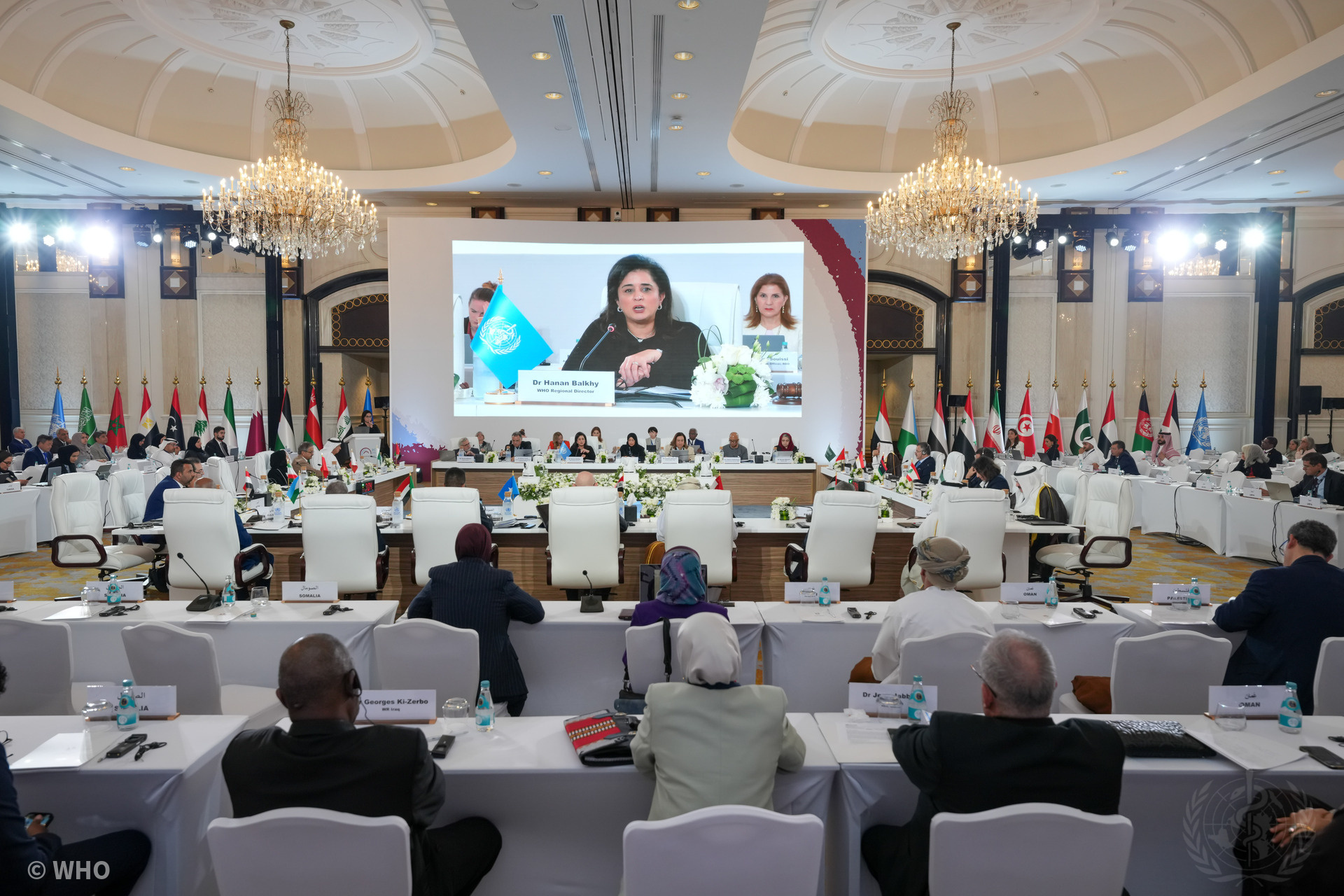

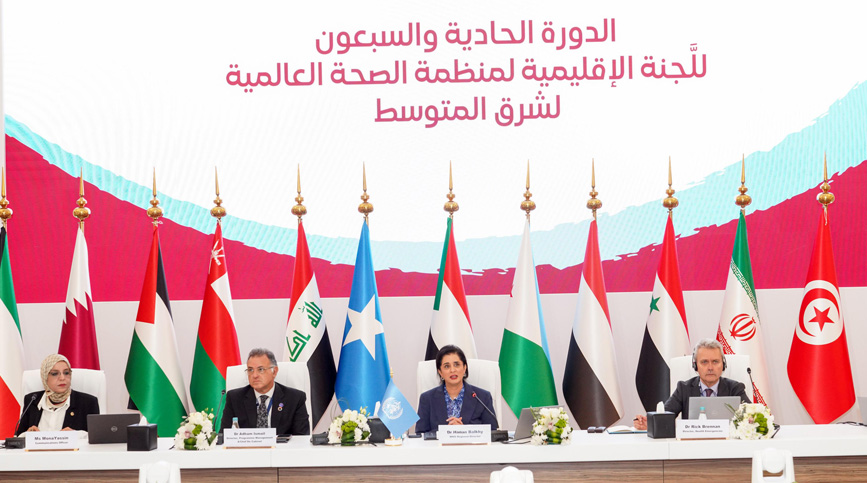
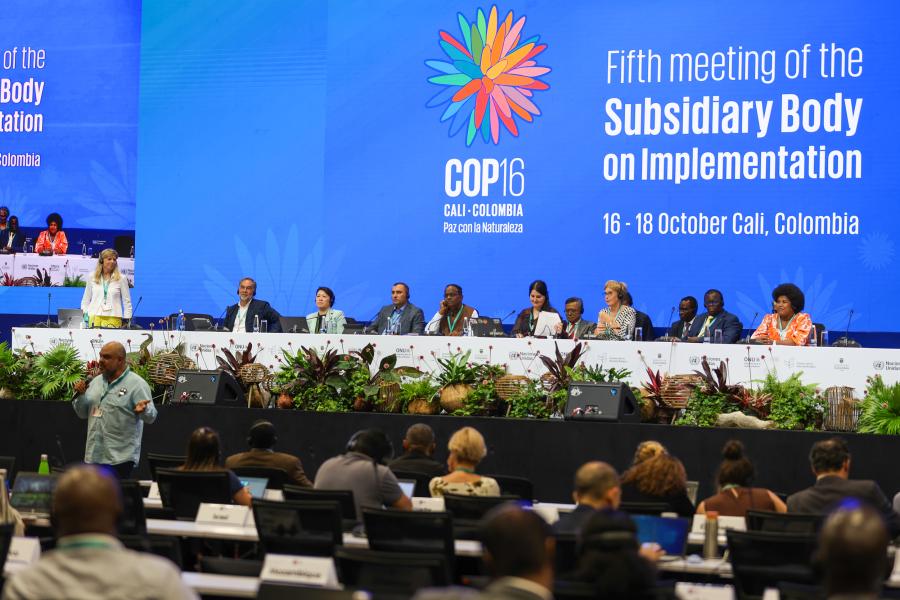

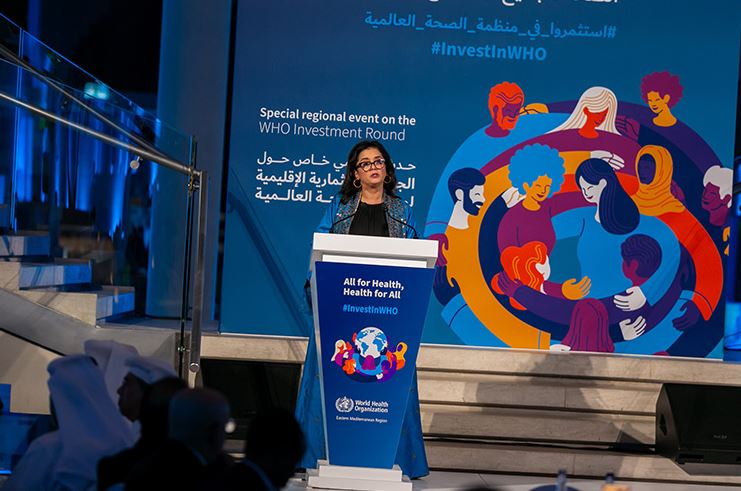


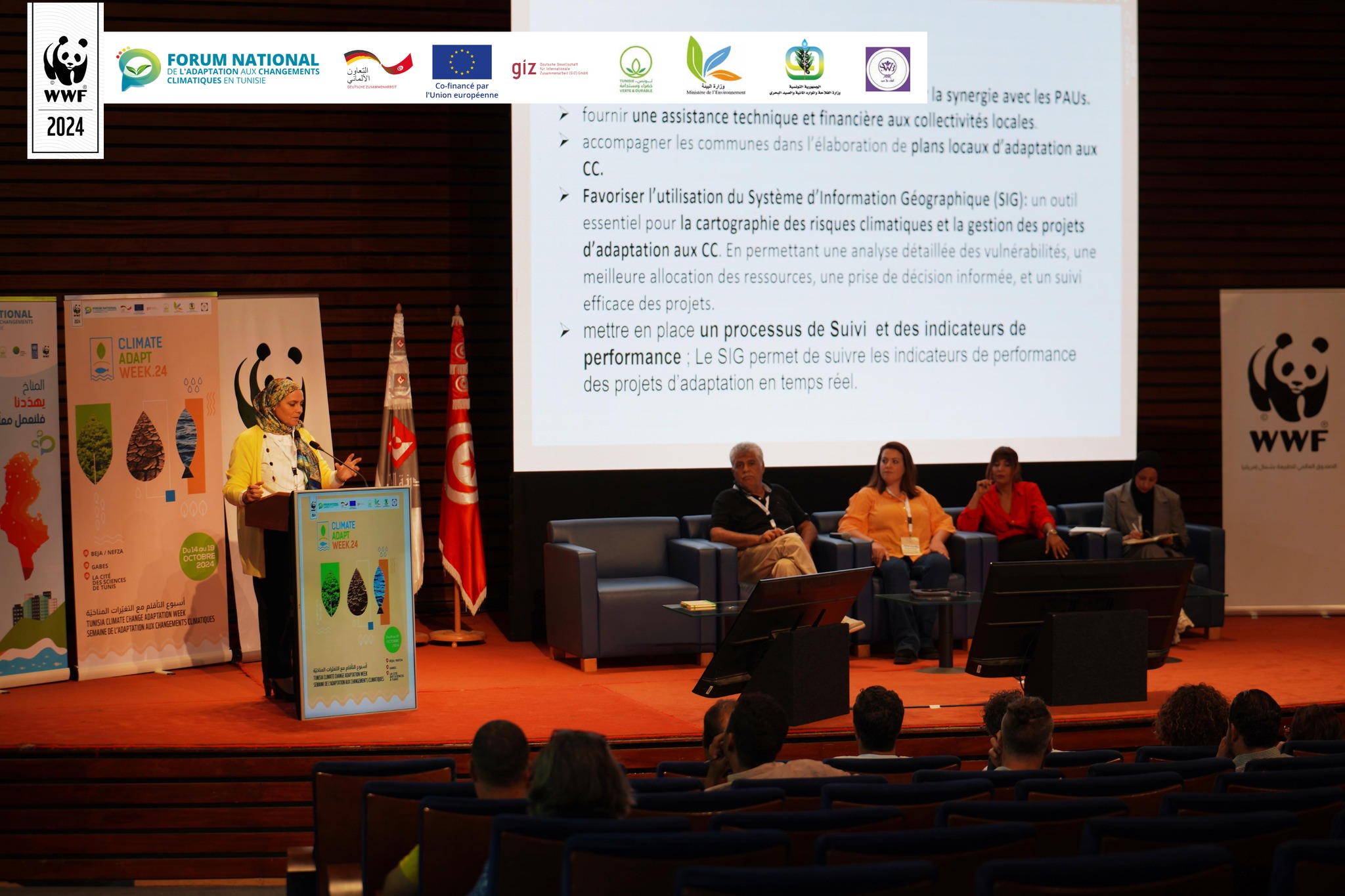
.jpg)
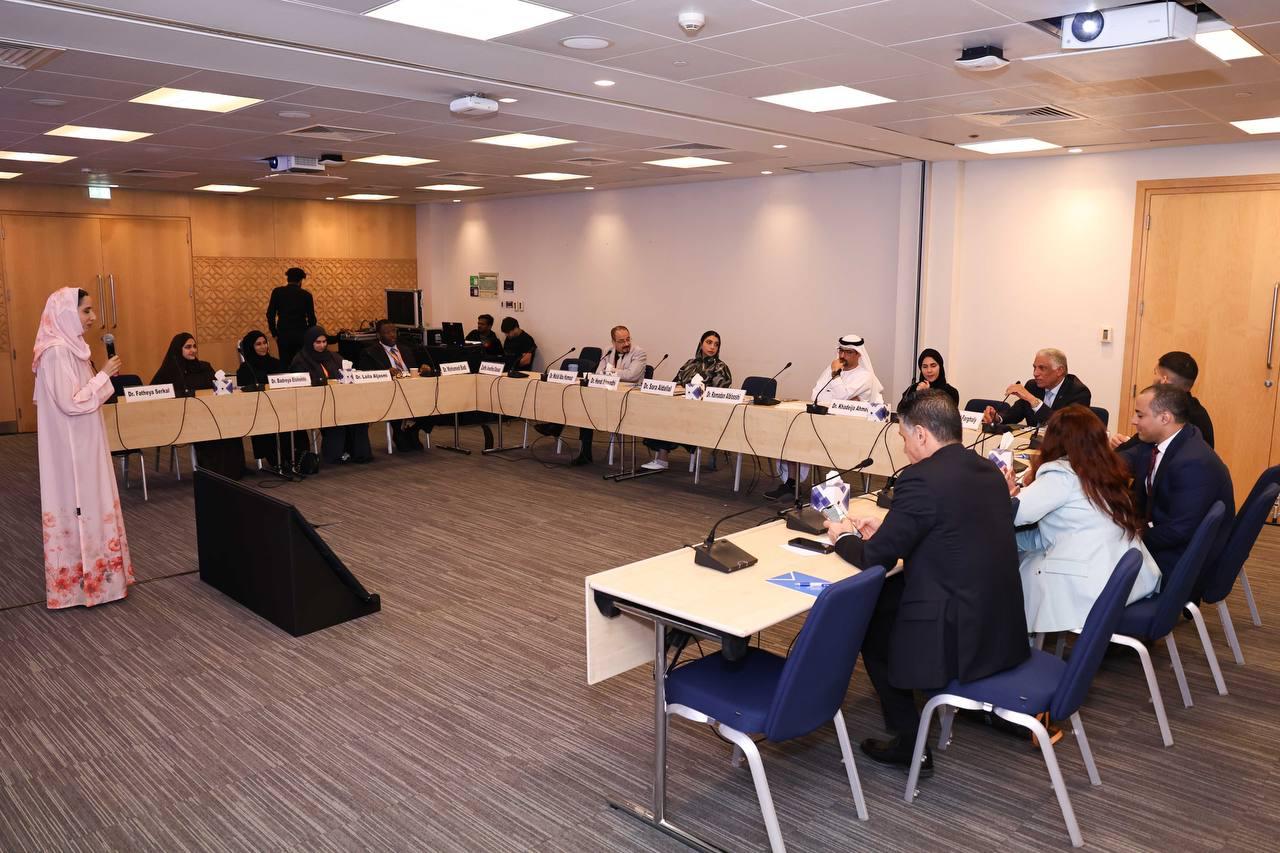
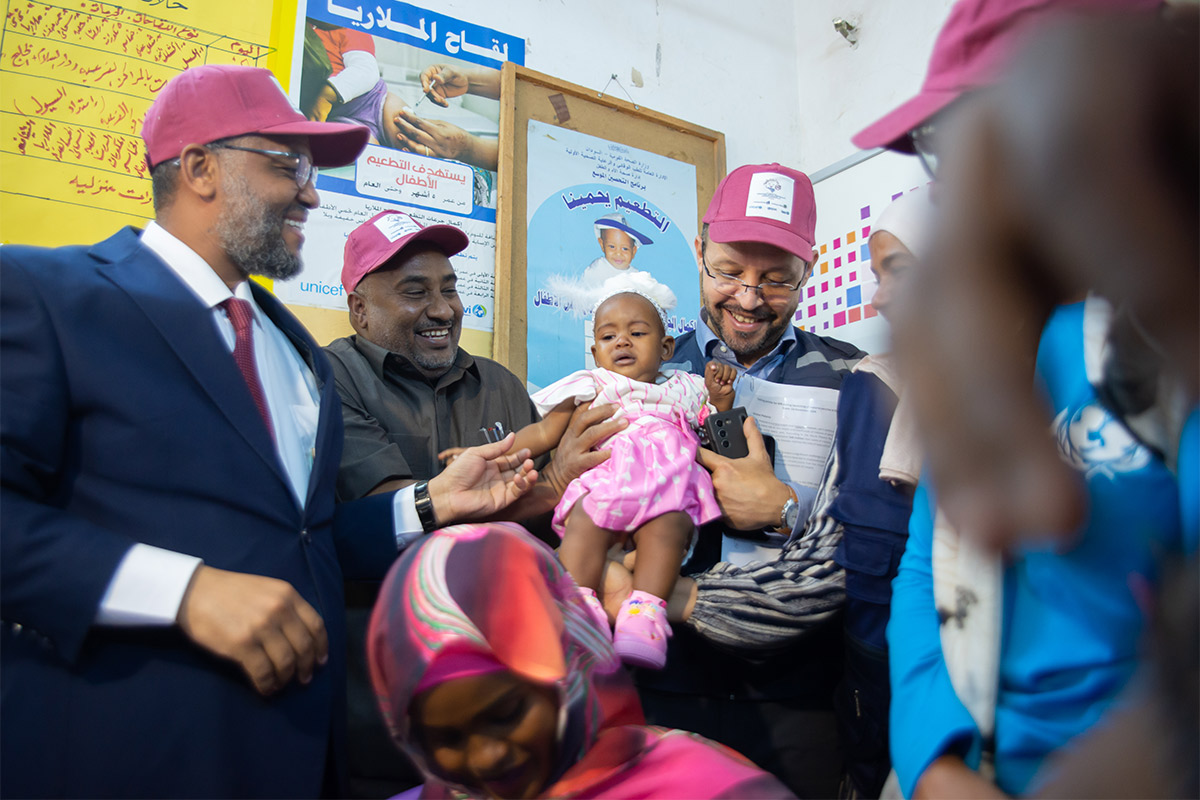
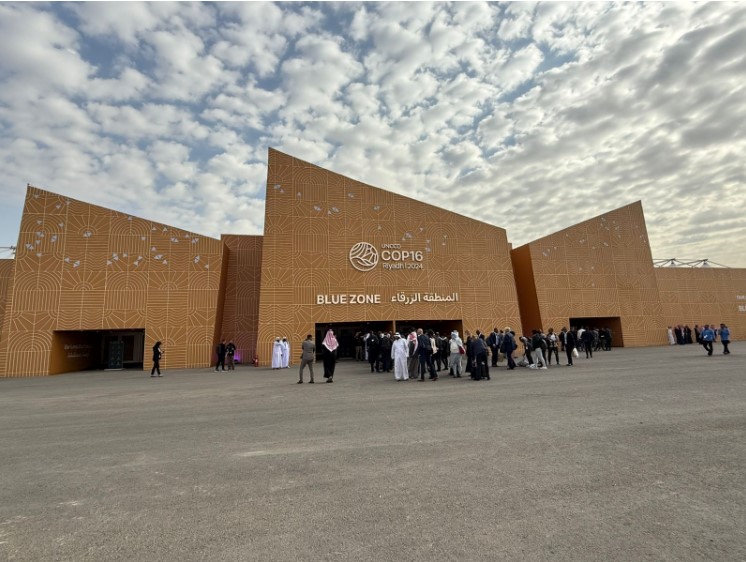
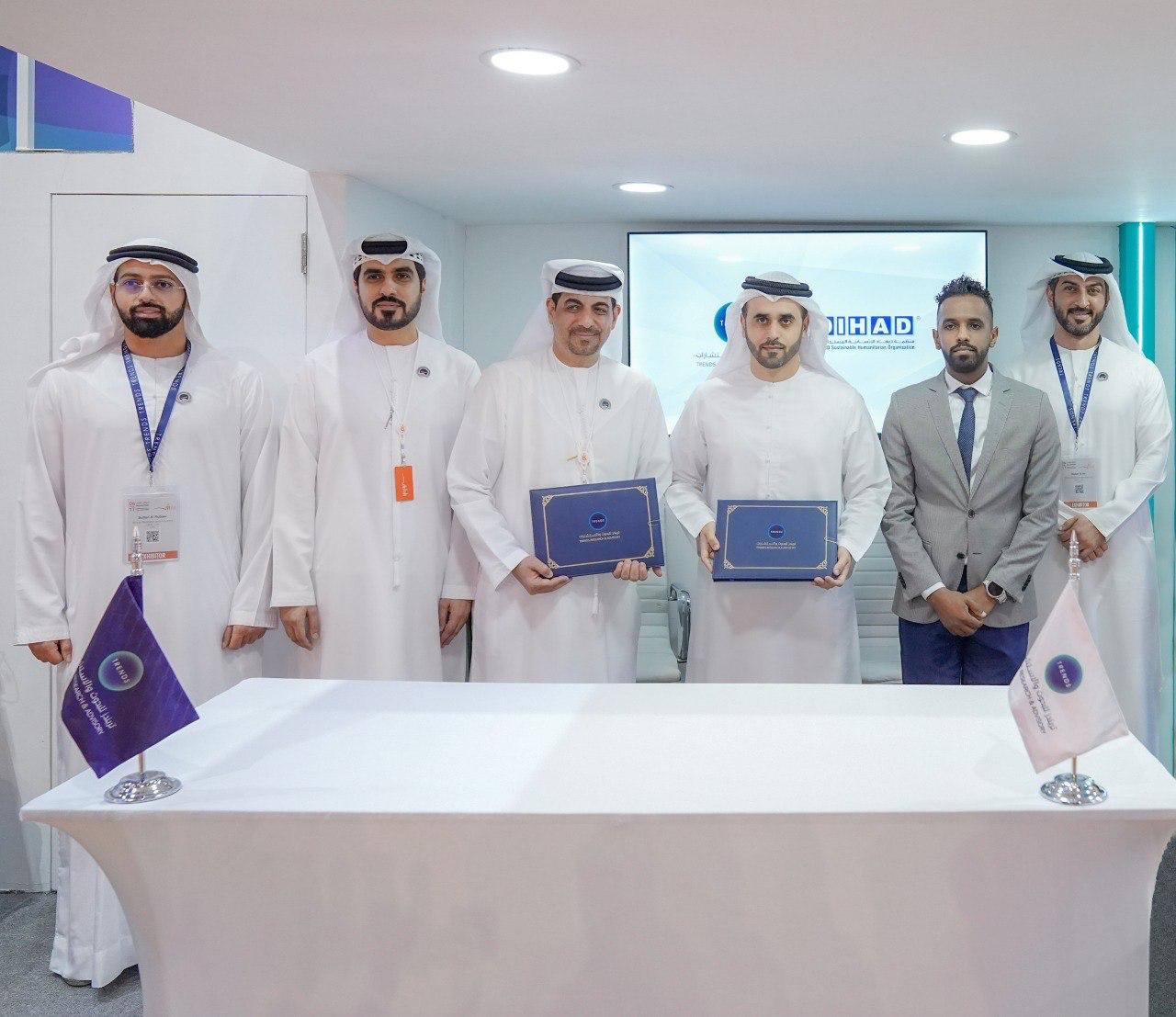

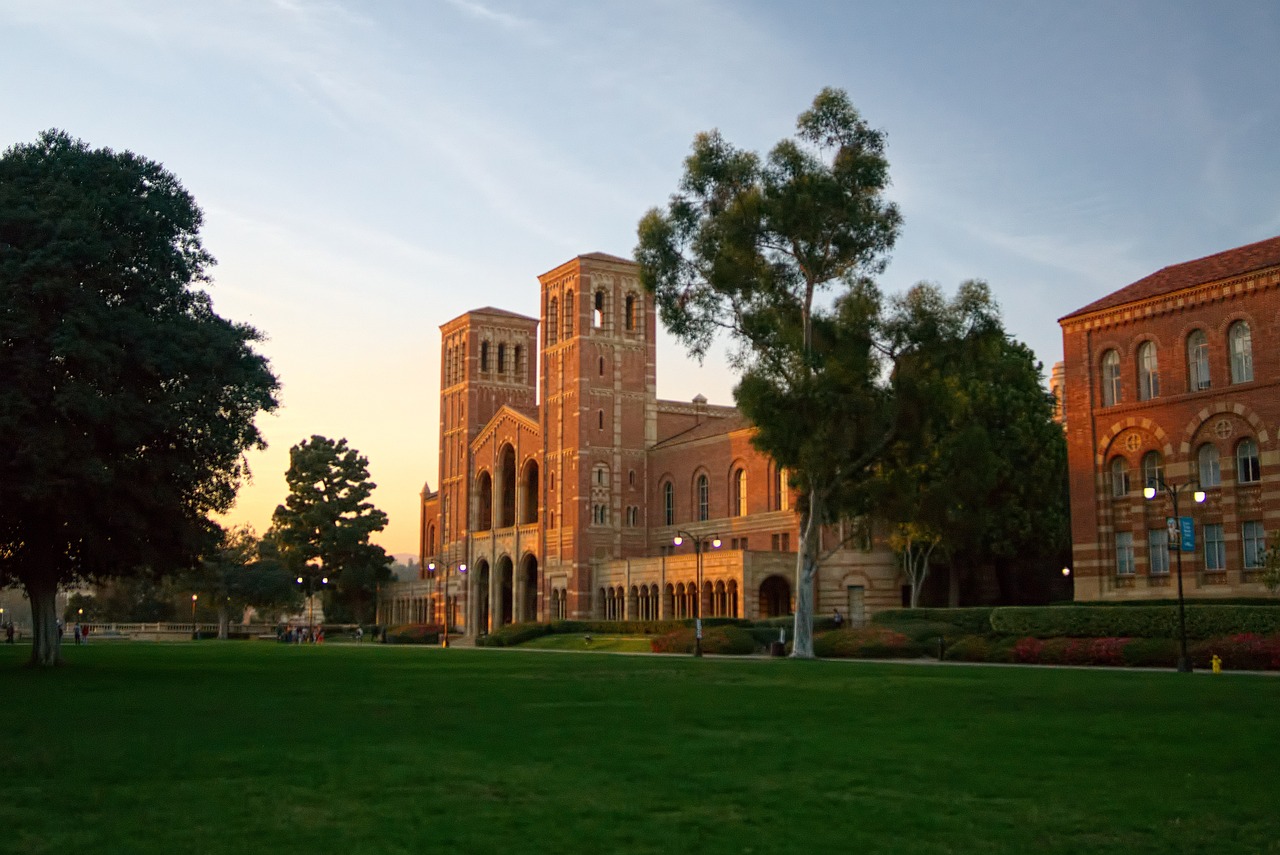

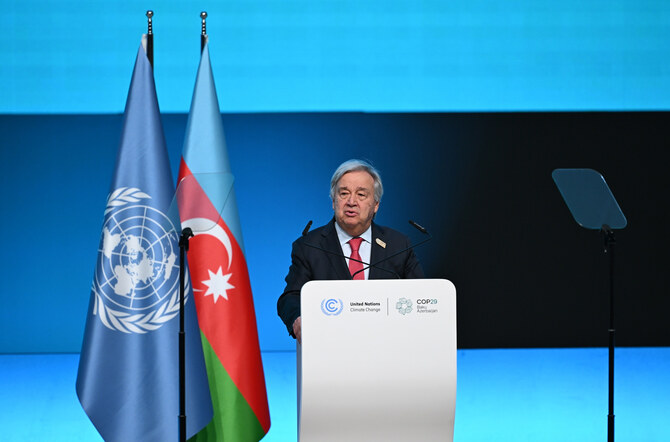
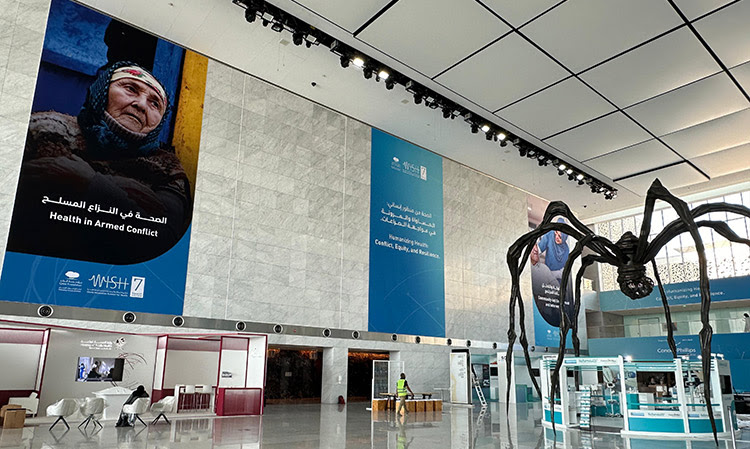


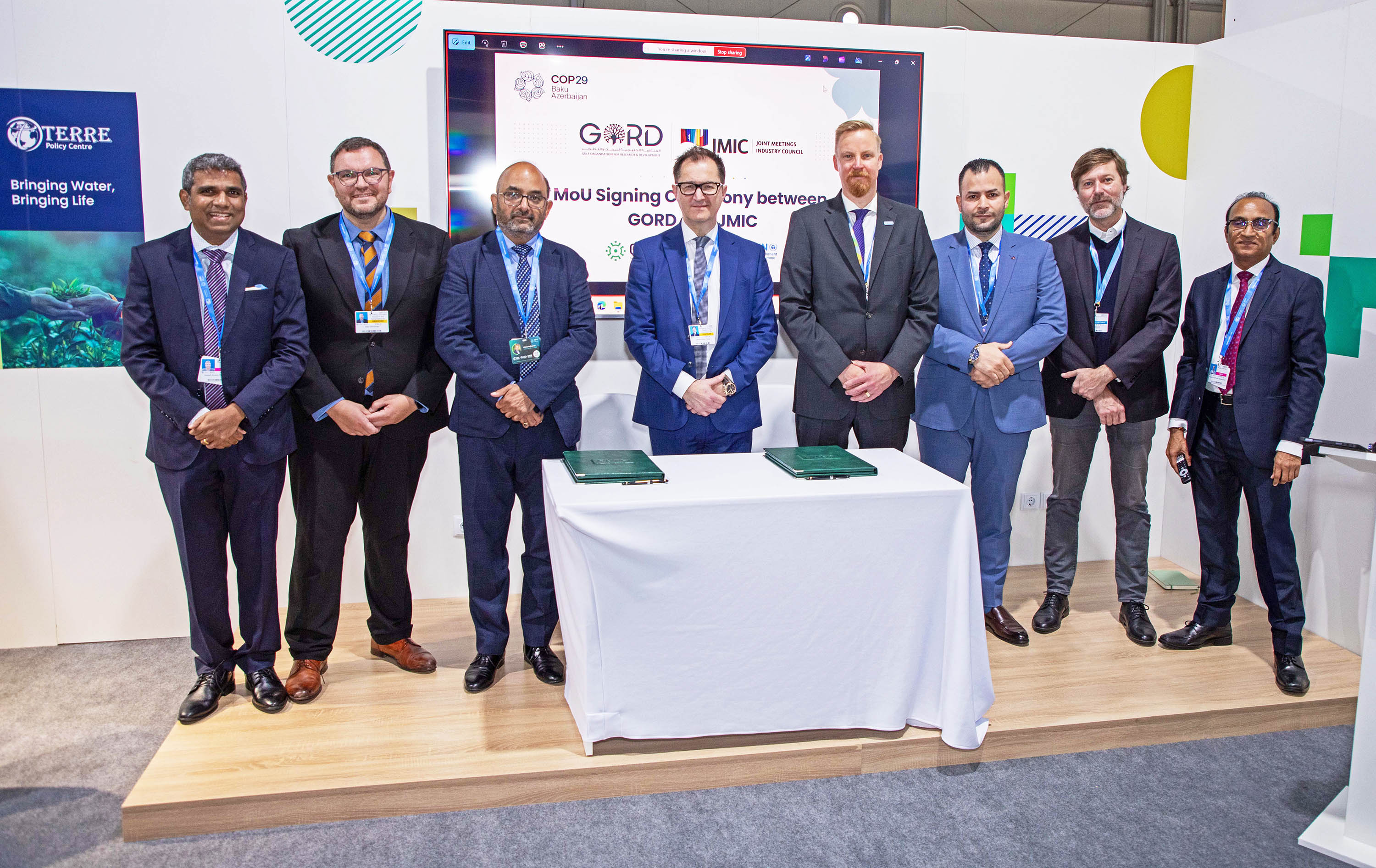
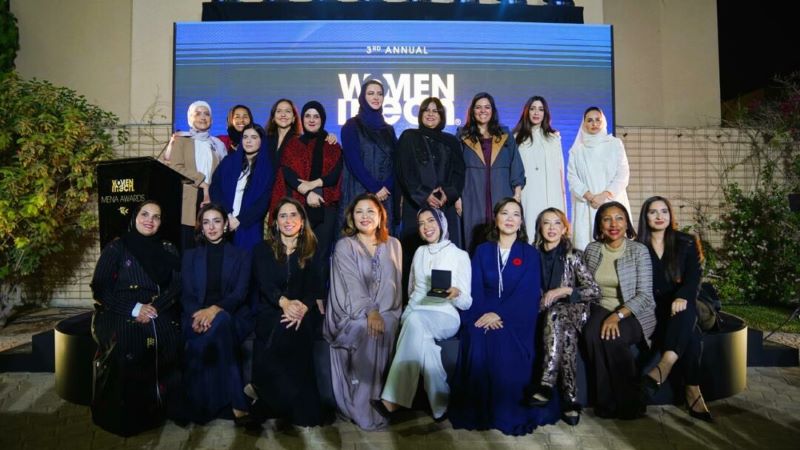
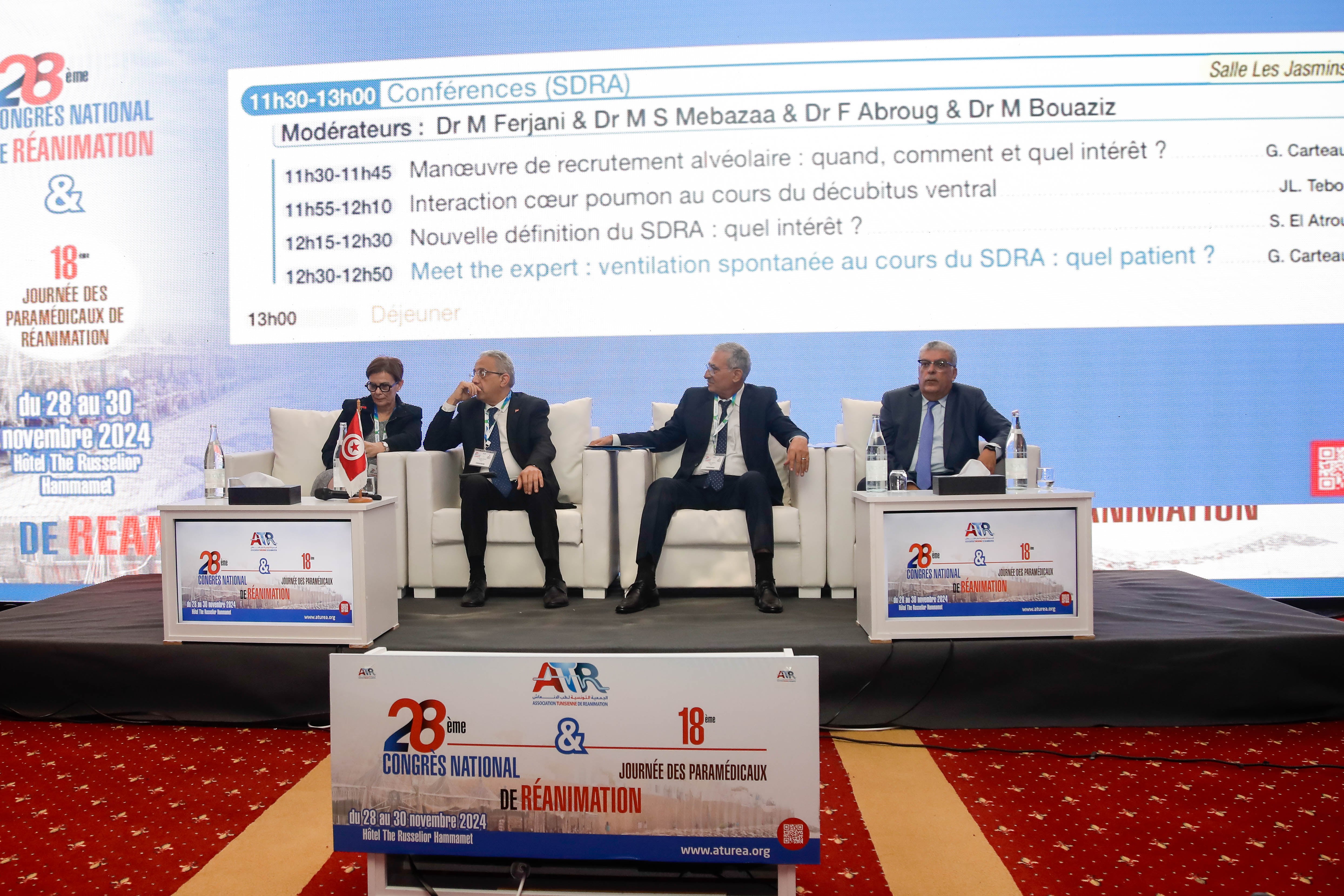
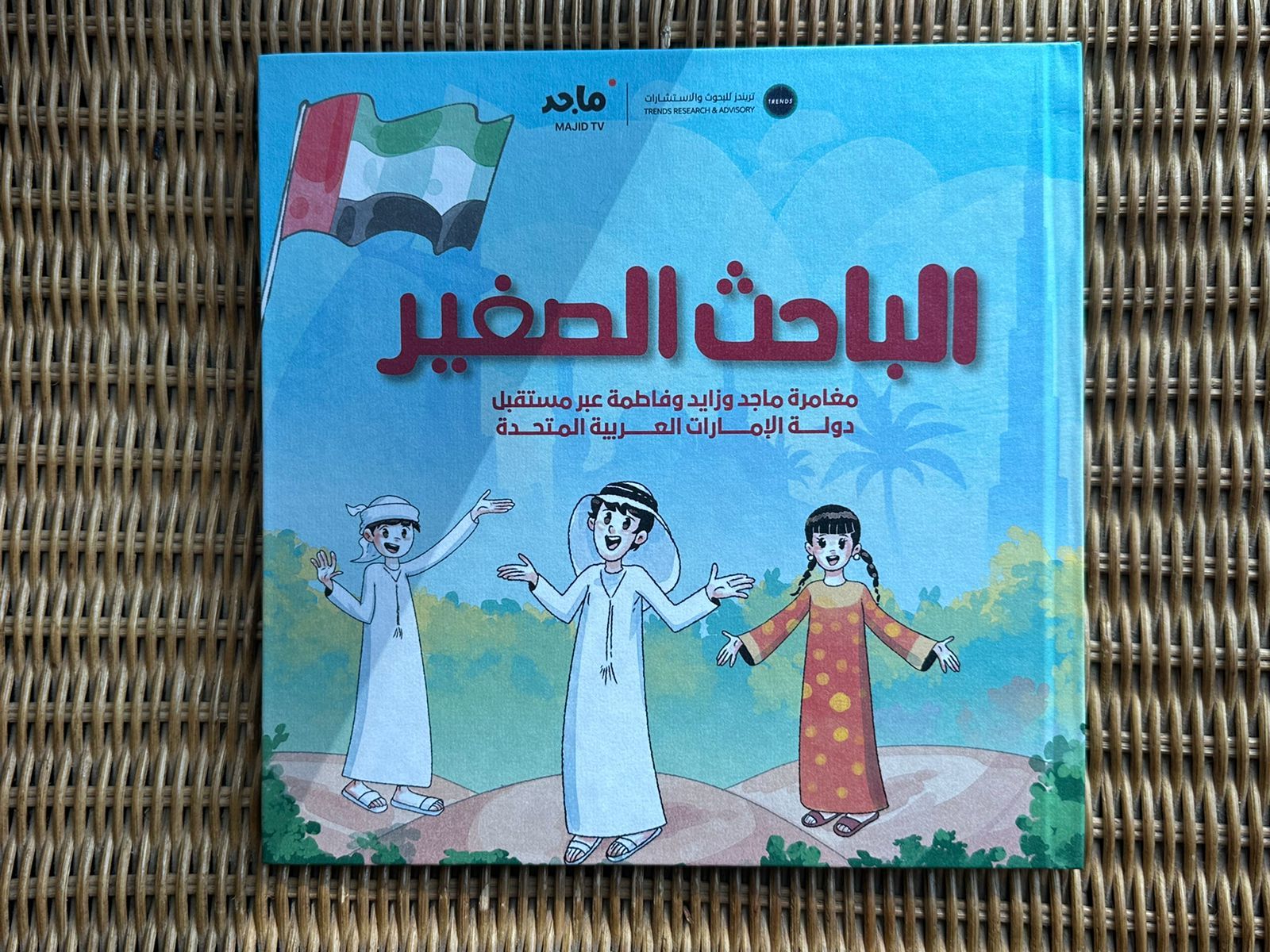
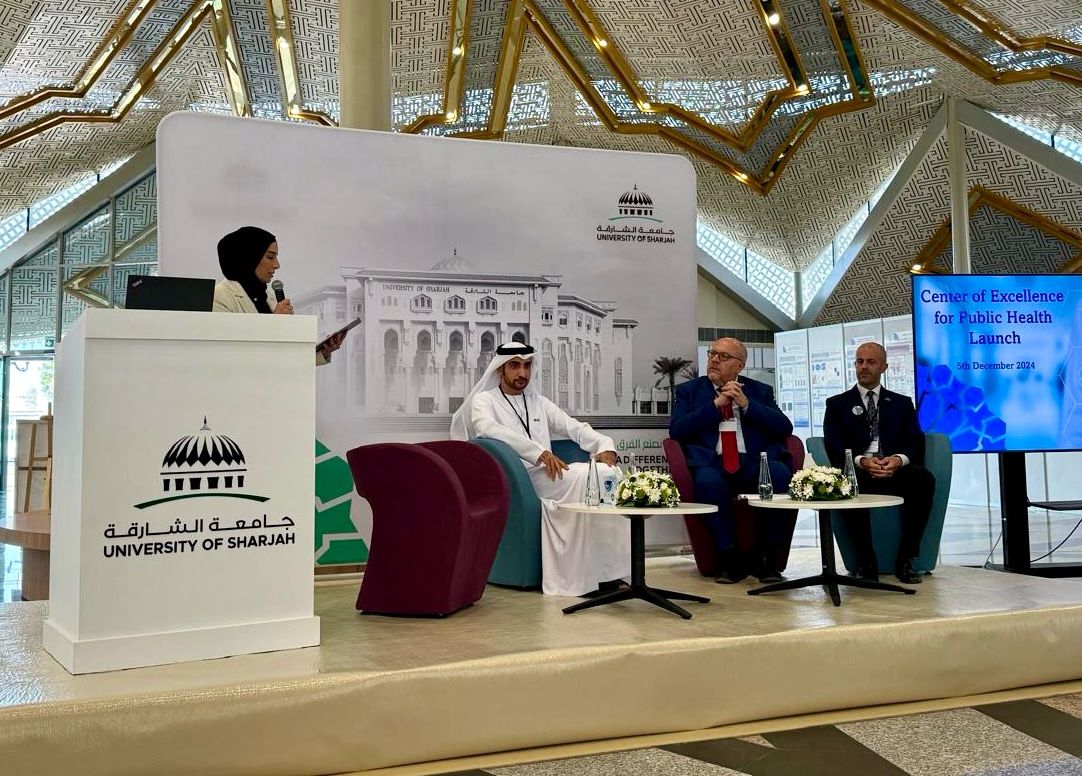


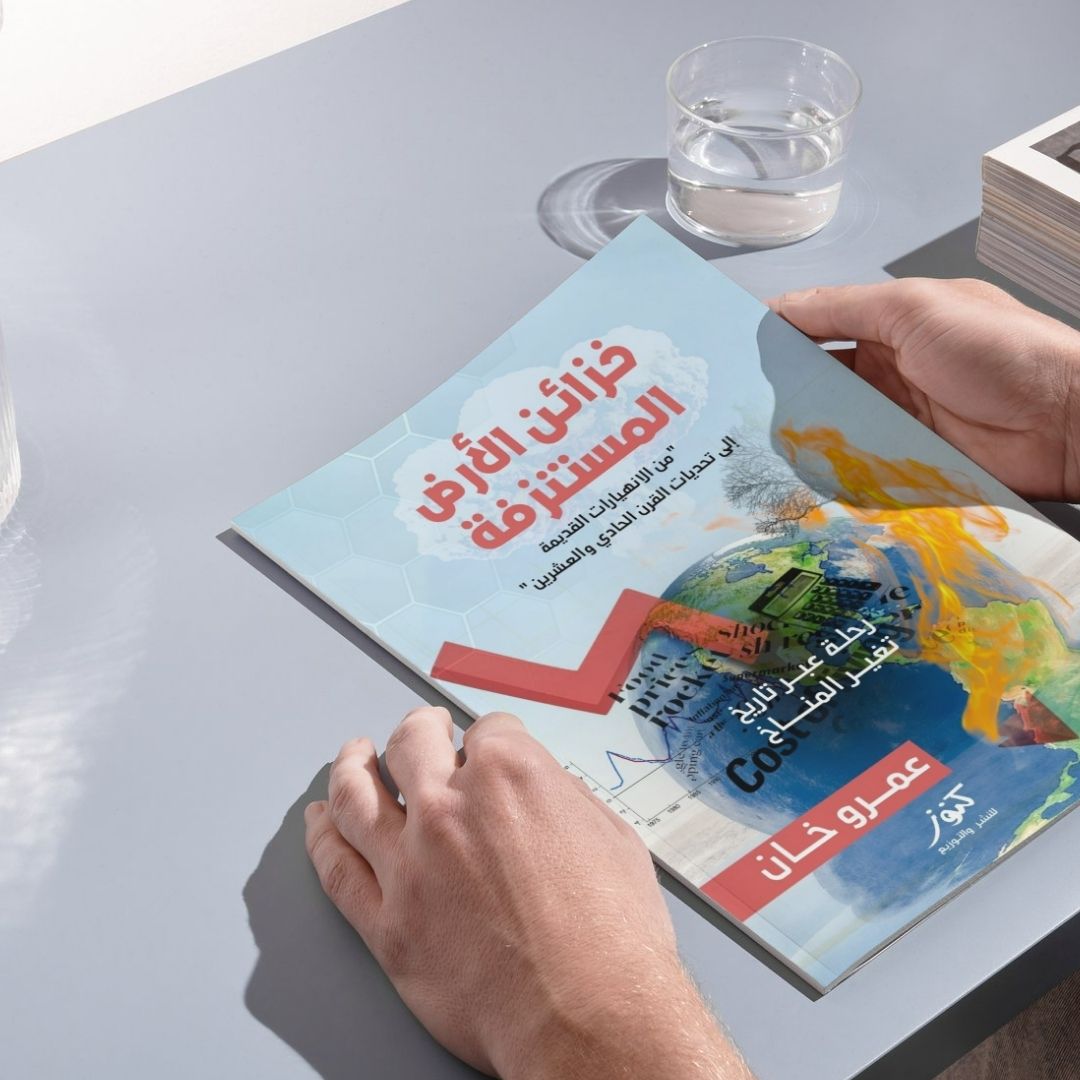
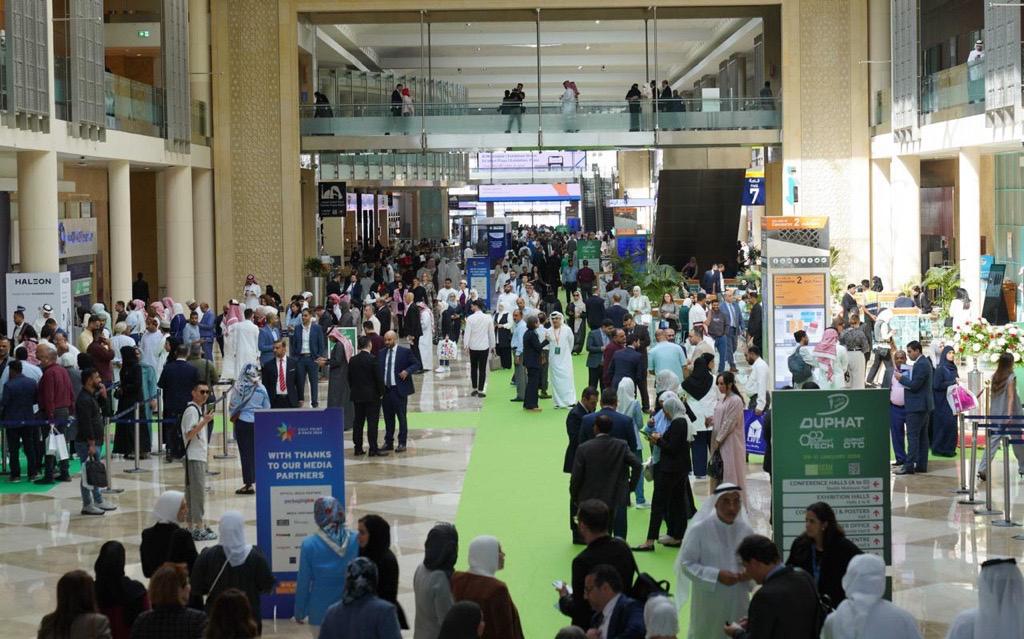


Add Comment